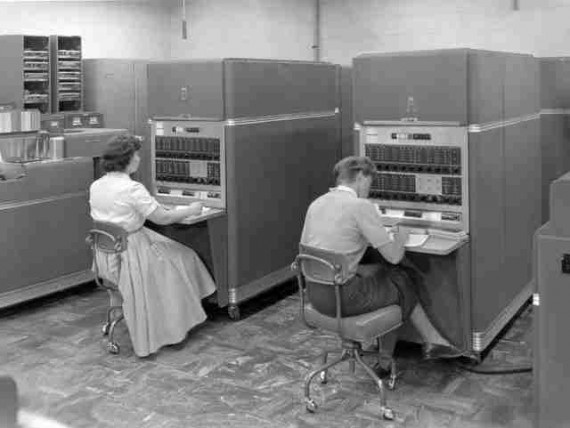ENGL 312: Editing and Publishing in the Digital Age
 Wednesday, January 9, 2013 at 11:26AM
Wednesday, January 9, 2013 at 11:26AM English 312: Editing and Publishing in the Digital Age
(workshop and seminar)
M and W 4.00-5.15pm
Dr. Jen Boyle
Course Blog Site:
[ Students will work throughout the second half of the semester on a digital companion Wordpress site for the first print/art book publication of CCU's new press.]
“What turns me on about the digital age, what excited me personally, is that you have closed the gap between dreaming and doing. You see, it used to be that if you wanted to make a record of a song, you needed a studio and a producer. Now, you need a laptop.” -- Bono

(Photo: Computer Arts Magazine, Projects;
Designed on Cinema 4D with post effects and details painted on Photoshop.)
Today, writers don't just inscribe words on paper
Want to learn more about editing and publishing for digital and new media environments?
Want to think more about and explore blogging, online journalism, and publishing your creative/critical writing/art on the web? Get some hands on experience working with the latest text editing and publishing software and shareware? Do something on the web other than watch cat videos (though we should never give that up, entirely)?
This course will serve as an introduction to editing and publishing in the age of digital media.
Students in this course will compose written, visual, and/or auditory texts, using a variety of technologies, all in the context of multi-modal composition (That is, working across print, digital, and other forms of media and mediation). Students will be expected to work with texts (1) for the page (2) the screen, and (3) the network. Each text will also be edited in accord with its medium.
Along with some very hands on practical experience directing a text through the phases of digital/online editing and publishing, we will also take up some fascinating critical questions about how media affects what we read, compose, feel, and think.
Excerpted texts and/or notions we will tarry with may include:
Ulmer, Internet Invention: from literacy to electracy
Hayles, Electronic Literature: what is it?
McGann, Radiant Textuality: Literature after the World Wide Web
Plant, Zeroes and Ones: Digital Women and the New Technoculture
Walter Benjamin’s, “Art in the Age of Mechanical Reproduction”
Debord, “Theory of the Dérive”
Bolter and Grusin’s, Remediation: understanding new media
Lupton, D.I.Y: design it yourself
Wysocki and Lynch, Compose, Design, Advocate: a rhetoric for integrating written, visual, and oral communication

